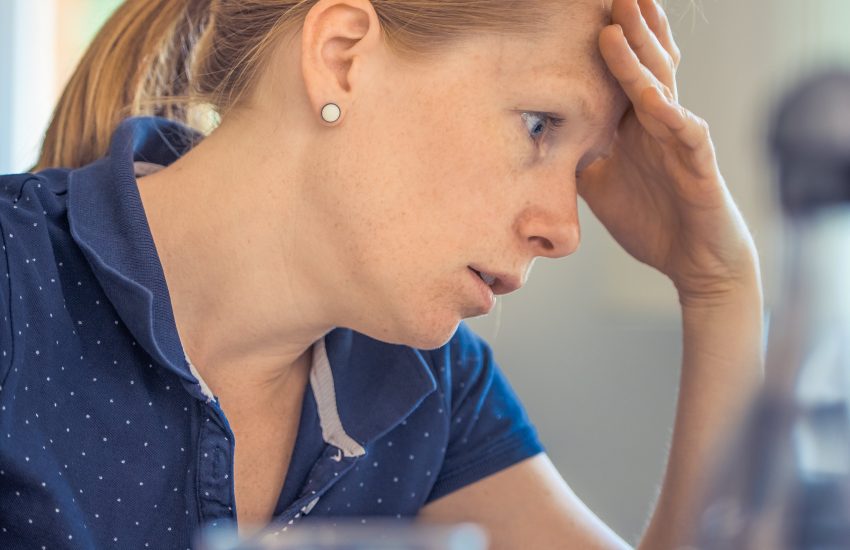Endometriosis 101: How It Affects Women Health
Endometriosis is a common gynecological condition that affects women during their reproductive years. It occurs when the tissue that lines the uterus grows outside of it, attaching to other organs in the pelvic area such as the ovaries, fallopian tubes, and intestines. This tissue can cause inflammation, scarring, and pain.
Symptoms of Endometriosis
The symptoms of endometriosis can vary from woman to woman, but common signs include:
Severe pelvic pain
Heavy menstrual bleeding
Painful periods
Pain during intercourse
Infertility
Diagnosis and Treatment
Endometriosis can be diagnosed through a pelvic exam, ultrasound, or laparoscopy. Treatment options include pain medication, hormonal therapy, and surgery to remove the abnormal tissue. It is important for women to seek medical advice if they suspect they have endometriosis, as early intervention can help manage symptoms and improve quality of life.
Effects on Women’s Health
Endometriosis can have a significant impact on women’s health and quality of life. The chronic pain and discomfort associated with the condition can lead to emotional distress, difficulty in daily activities, and problems with relationships. In severe cases, endometriosis can also cause infertility.
Coping Strategies
Living with endometriosis can be challenging, but there are ways to manage the condition and improve overall well-being:
Seek support from healthcare professionals and support groups
Practice relaxation techniques such as yoga and deep breathing
Maintain a healthy diet and regular exercise routine
Explore alternative therapies like acupuncture and massage
Endometriosis is a complex and often misunderstood condition, but with proper diagnosis and treatment, women can effectively manage their symptoms and lead fulfilling lives.


